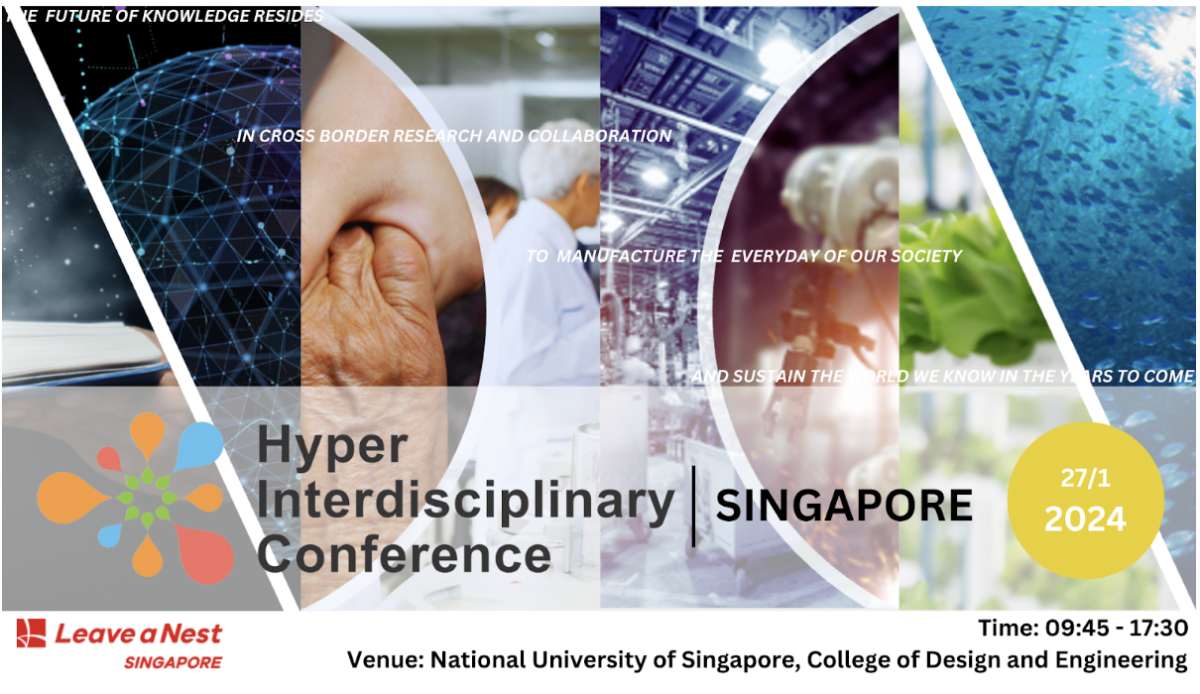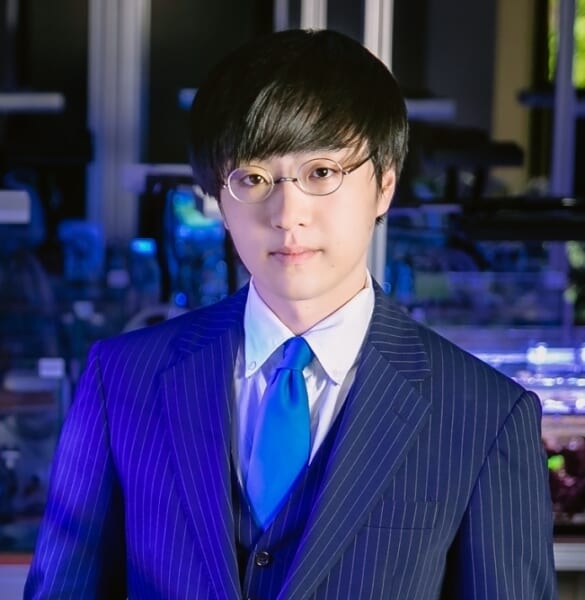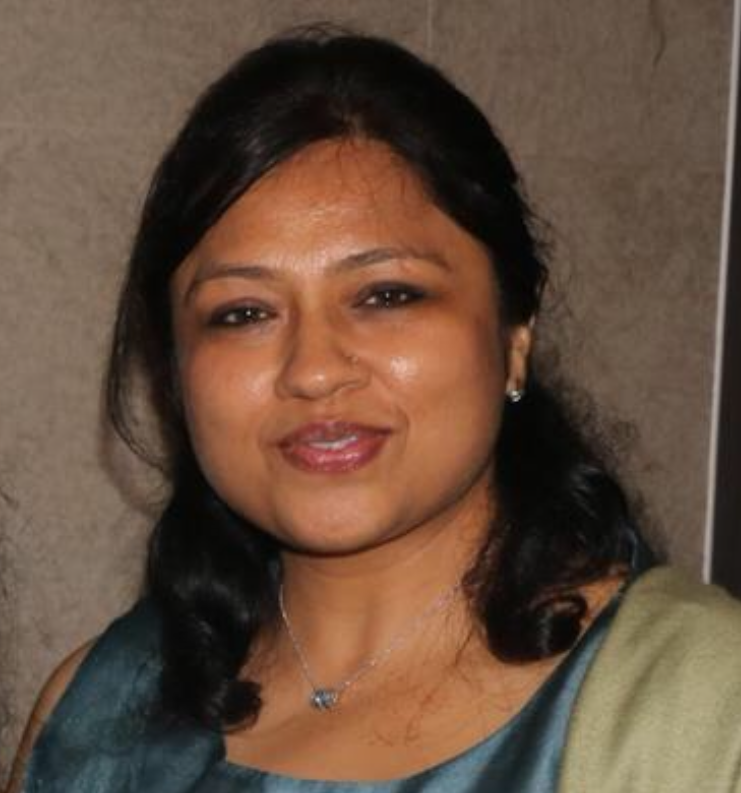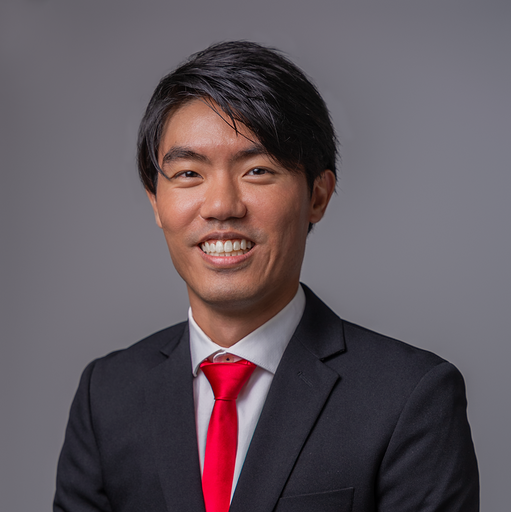Hyper Interdisciplinary Conference Singapore Session 2: Harvesting Innovation: Bridging the Plate Gap

One of Singapore’s most prominent problems is food sustainability. The country has imported much of, if not all of its food supply from other countries since its founding as a nation and is unfortunately set to continue to do so for the foreseeable future. Singapore has been trying its best to solve this problem, and Session 2 of Hyper Interdisciplinary conference dives into the steps and technologies that Singapore has taken and harnessed to solve this problem.
This session looks into the need to secure food self sustainability in Singapore and the research and technology development required to make it a reality. The domain of creating non-traditional farming would need to be combined with other domain knowledge in technology making the food production sustainable and cost acceptable by the consumers. With Singapore’s lack of landscape and consumer culture, the need for ensuring food yield and offering, economics and technology development and use has to be balanced.
To register to join Hyper Interdisciplinary Conference Singapore 2024 Click here
To present your research at Hyper Interdisciplinary Conference 2024 Click here
Invited Speakers:

Panelist
DOMINIQUE KULL
Co-founder, and CEO, SGProtein
Dominique is a seasoned Executive with vast intercultural experience. An Engineer by training with an Executive MBA from IMD, Dominique combines engineering and business know-how, giving him a broad background. Having worked in the food manufacturing industry in Europe, the US, and Asia, he gained in-depth expertise and extensive knowledge in various roles.
After many years in the corporate world, Dominique co-founded SGProtein in 2021, also leading the company as CEO. His passion for food innovation and scaling of new processes led him to move into a new venture where he helps companies to bring their products to the mass market.

Panelist
YOTA TAKAKURA
Founder, and CEO, Innoqua
Born in Hyogo Prefecture, Japan in 1994, he graduated from the Faculty of Engineering, Tokyo University, and conducted research on supporting musical instrument practice using machine learning supervised by Professor Junichi Rekimoto. He established Innoqua Inc. In April 2019, in which he conceived and promoted research and development of ‘Biosphere transfer technology®’ to reproduce coral reefs and other marine ecosystems in indoor spaces. In October 2021, he became a director of the Rohto Children’s Mirai Foundation. In the same year, he was selected for Forbes Japan’s ’30 Under 30′ list.

Panelist
RITU BHALLA
Assistant Director, Agriculture Research and Innovation (AGRI) Centre, Republic Polytechnic
Dr Ritu Bhalla is currently the Assistant Director for the Agriculture Research and Innovation (AGRI) Centre at Republic Polytechnic (RP). The AGRI centre looks into applications of advance technologies for urban farming. Dr Ritu oversees research and industry engagements at the Centre. She is instrumental in bringing together expertise and technologies from various schools at RP to offer solutions that will increase the quality of crops and streamline farm operations. She plays a key role in curriculum development for agriculture-related courses at RP and has been an advocator for training on new technologies that will enable farms to increase productivity.
Dr Ritu has over 15 years of research experience in understanding the pathways that lead to the production of natural products in plants and understanding the functional genomics of plants that influences primary growth, total yield and secondary functions such as production of essential oils and flavonoids that add to the quality of plants. She has several papers, book chapter, patents from her work in plants and a peer reviewer for international journals.
Her current projects involve the production of food crops through hydroponics and the use of external factors to increase secondary metabolite accumulation in plants that enhance its quality. She was a part of a team at RP that has developed software that allows farmers to develop light recipes for plants. She is interested in research investigations leading to improving the crop quality of leafy greens, herbs and microgreens for indoor farming.

Moderator
CHEAH HEE
Assistant Manager, Leave a Nest Singapore
Dr. Cheah Hee graduated with a Bachelor degree (Hons) in Environmental Engineering from the National University of Singapore (NUS). He is passionate about the environment and believes that more can be done to create a sustainable environment for everyone to live in. This pushes him to pursue a PhD degree in Environmental Engineering from NUS, in search for answers. Cheah Hee joined Leave a Nest Research Development division in hopes to bridge research work from academic institutions around to world to meet various industrial needs.
